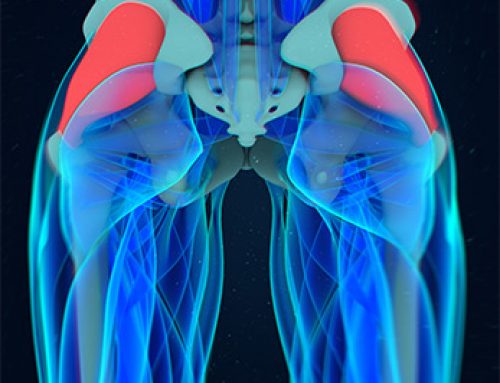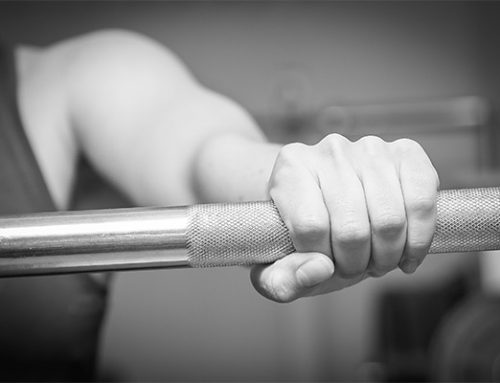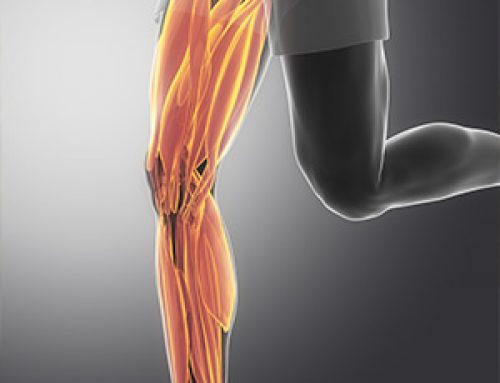Osteoporosis is not just a women’s health problem. Bone density can decrease in both men and women with ageing and the rate at which that is happening is increasing.
It is one of the least-discussed, under-diagnosed and under-treated diseases in Australia, and given that the problem is set to escalate with Australia’s ageing population, it is more important than ever to adopt preventative measures early.
It is currently estimated that 2 out 3 people over the age of 50 in Australia have some form of osteoporosis or osteopenia. This can lead to fractures and other complications if left untreated. In 2013 there was 1 fracture every 3.6 minutes in Australia. This equates to 2,765 fractures per week. By 2022 this is expected to increase by 30%.
Fractures that require surgery lead to additional risks, surgery often brings it own complications.
Poor bone health can also lead to a decrease in lifestyle factors such as loss of ability to engage in sports and hobbies that add value and meaning to your life. It may also lead to loss of mobility and independence, which can also impact on your enjoyment of life and sense of value.
Healthy Bones Action Week aims to highlight that prevention is the key to decreasing the prevalence of osteoporosis in Australia and to empower women to take action to protect their bones now.
Want to learn more about Healthy Bones Action Week? Download the Healthy Bones Toolkit
What Can I Do About It?
It is possible to improve your bone density with exercise and diet. It’s important to gain expert advice on how to do this, and our Exercise Physiologists are an important part of the expert team that will help you improve your bone health.
Learn more about Aim Physiotherapy’s Exercise Physiology for Osteoporosis
An Exercise Physiologist will help you design an exercise and nutrition program that is right for you, including a diet that is high in calcium. Calcium comes from many sources like leafy vegetables, fish with bones. It is important to get Vitamin D from the sun so the body can absorb the calcium from your diet. Weight bearing, resistance and light impact exercise are also important as these actions will stimulate the bones to lay down more bone minerals.
To find out more, visit one of our clinics or enquire online.



